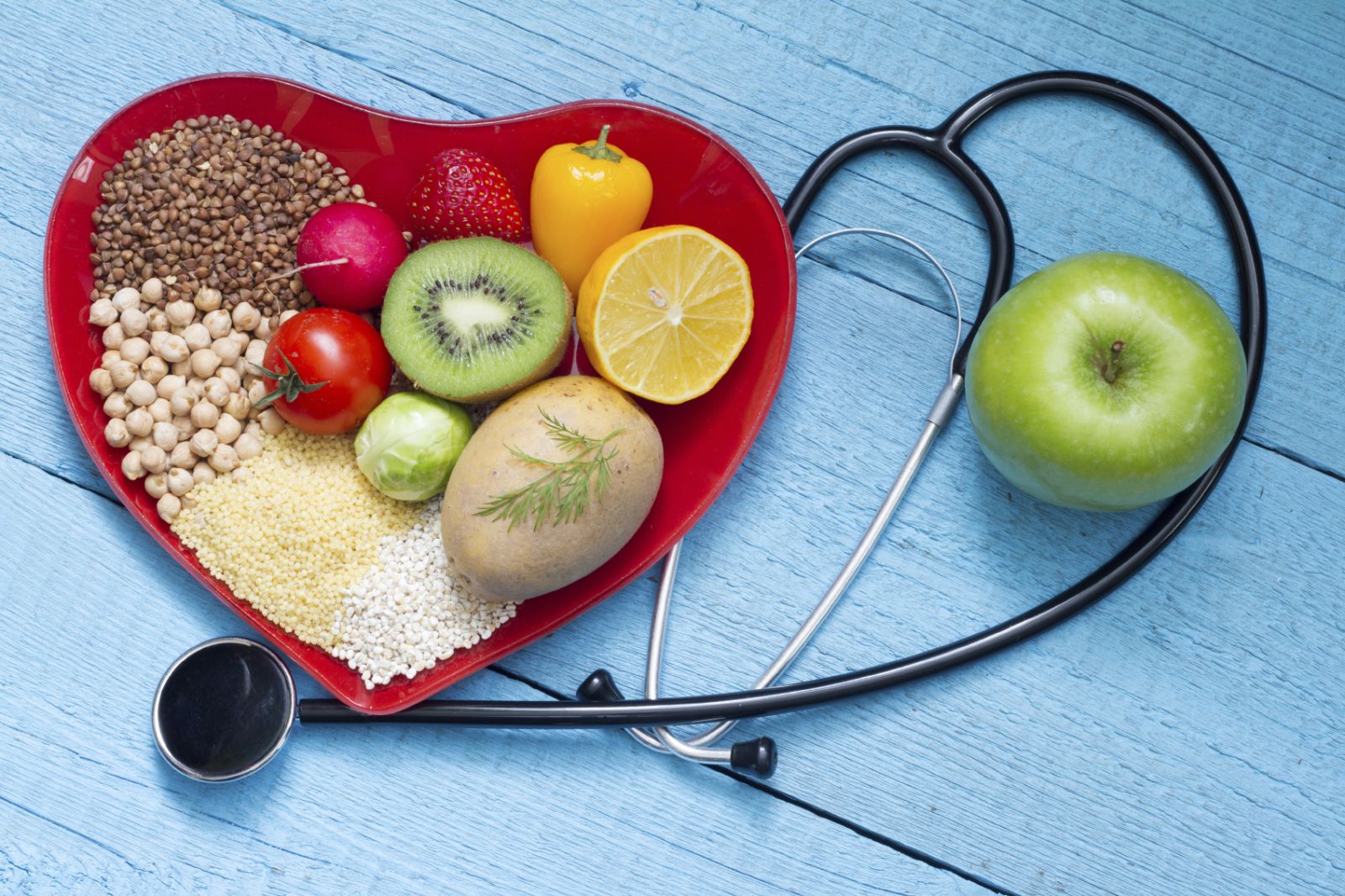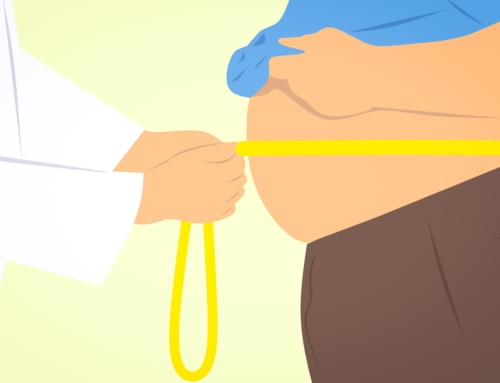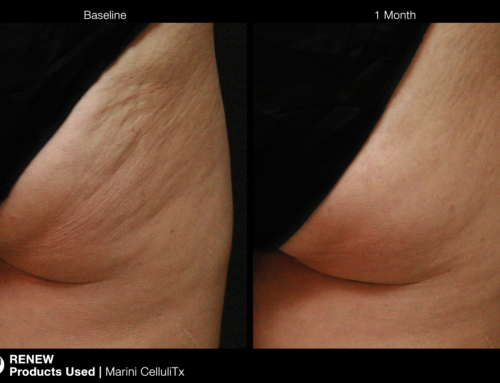THE GOOD:
HDL is considered the good form of cholesterol and you often hear that high levels off set the bad cholesterol. Not all HDL is helpful though. I describe HDL as pac-men. They go and gobble up the bad guys. If the HDL “pac-men” are large they can hold more bad guys, if they are small then they can’t hold very much. So knowing the size of the particles as well as the number becomes important. My goal is a HDL above 50 with large particles.
THE BAD:
Triglycerides are a type of fat in your blood. High triglycerides increase your risk of heart disease even if the LDL is normal. Many foods contribute to high triglycerides including obviously high fat foods but you may not know that high fructose corn syrup and plain old sugar can raise triglycerides, too! My triglyceride goal is less than 75.
THE UGLY:
- Change your Diet: Intake of saturated fats, high red meat intake, high processed foods all increase cholesterol so obviously lower the intake of these foods. Beans, legumes and fiber all help bind up cholesterol and can help lower it, too. Dramatic changes in cholesterol can be seen often with vegan diets. Before you embark on that type of diet, get some help in doing it the correct way so you don’t deplete yourself of key nutrients.
- Reduce Stress: during times of high stress we make more cholesterol so it stands to reason if we can work on stress reducing techniques our cholesterol may respond. Stress is a huge factor in cholesterol production so do not ignore this!!
- Exercise: even 10 minutes twice a day has been shown to be of benefit. Exercise increases the good HDL cholesterol.
- Supplements
- Red Yeast Rice: this can be very effective but be aware of the manufacturer because they are not all created equal. This is basically a natural statin and is very similar to Lipitor. You still have to watch for muscle aches like the statins but in my experience with the combination products I use I rarely have people not tolerate this. Always take Coenzyme Q if you take this.
- Fish oil: fish oil will help lower the triglycerides and is always my first line treatment for high triglyceride levels. You need a really good quality fish oil with a high dose per capsule (look for at least 700mg of active EPA/DHA in each capsule or more). You can read your fish oil label by turning to the back and adding the amount of EPA and the amount of DHA. Now you have the total active fish oil per serving size. I aim for a starting point of 2000 mg of active components. Of note, fish oil doesn’t do much for the LDL’s.
- Tocotrienols: tocotrienols are a specialized form of vitamin E which help prevent the oxidation of the LDL’s which means it can help small, sticky LDL’s become larger and not be as bad for you. Don’t take any regular vitamin E anywhere near this one because then it won’t work.
- Policosanol: this has been reported to help lower cholesterol. I have rarely seen this work but every once in a while I see if you are the person it does work in it is easy to take without any major side-effects.
- Pantethine: this is a derivative of B5 that has been shown to help lower cholesterol. Interestingly, B5 if a key nutrient the adrenals, our stress gland. Hmm, back to the stress theory….
- Artichoke leaf: this has been felt to raise HDL and may help with lowering LDL in some people.
Best ways to treat Lp(a):
- Niacin – Niacin can cause some wicked flushing and prickly sensations. Taking applesauce or a baby aspirin 30 minutes prior to the niacin can really help.
- Omega Krill by Xymogen – this has an ingredient that is not processed out that my help lower these levels. Regular krill oil does not have this ingredient.









